AARP Hearing Center

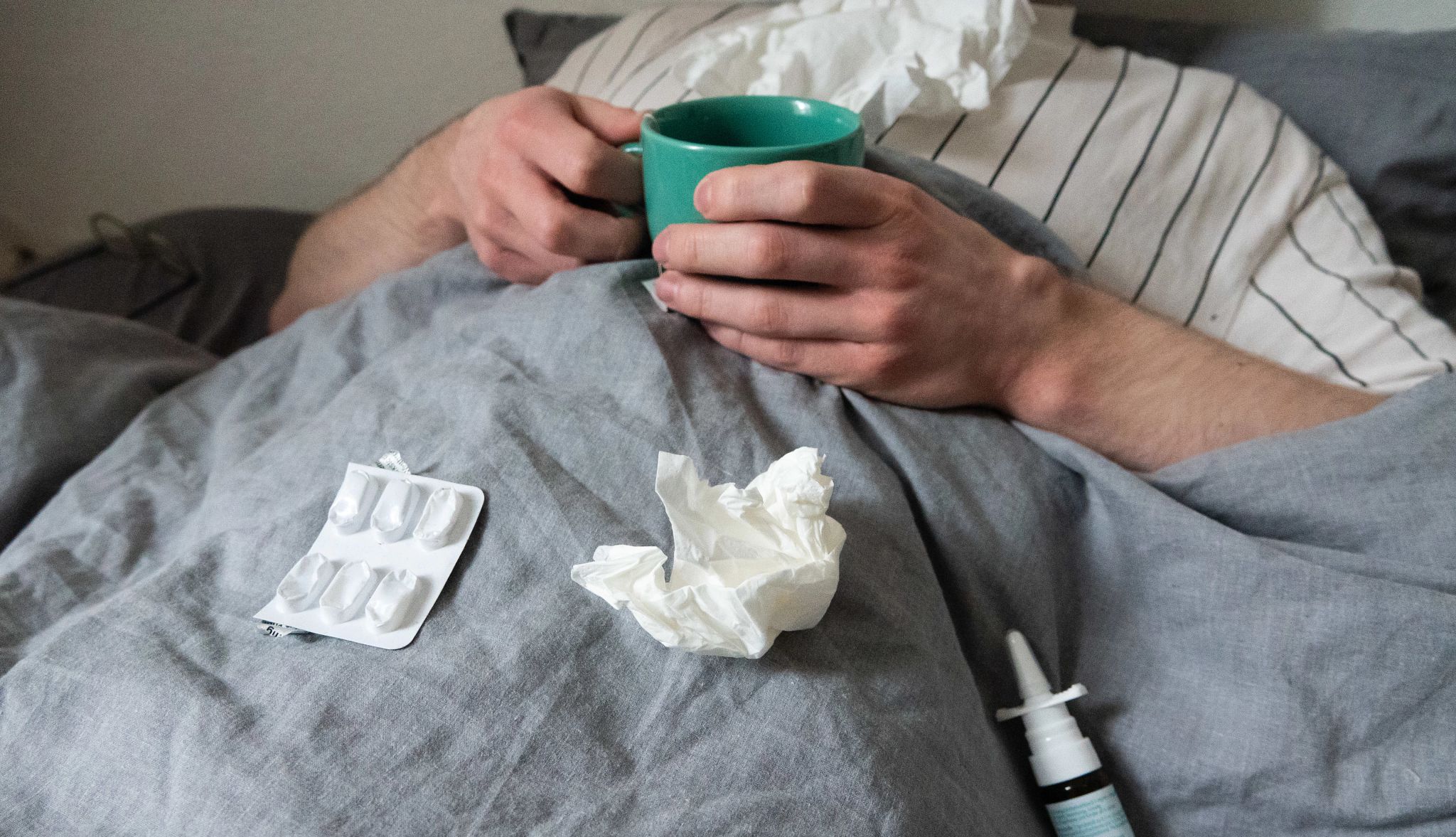
The U.S. experienced one of the worst flu seasons in more than a decade last year, with as many as 82 million illnesses and as many as 130,000 flu deaths, preliminary estimates show. And already, we’re gearing up for another.
For many people, a case of the flu is mostly mild, with symptoms such as fever, cough and fatigue. That is not true, however, as you age.
“Even though people over 60 are less than 20 percent of the population, they account for over 80 percent of the serious complications of influenza,” says Dr. William Schaffner, professor of preventive medicine and infectious diseases at Vanderbilt University Medical Center.
No matter your age, getting a flu shot can help keep you healthy. But a flu shot isn’t foolproof. “So what you do when you get the flu turns out to be very important for this [over 60] age group,” Schaffner says.
Here are eight ways to speed up your recovery from the flu, along with the warning signs of a severe infection you should be aware of.
1. Call your health care provider ASAP
Not everyone who gets the flu needs to see their doctor, but people over 65 do. That’s because age itself — along with many other conditions that often come along in later years, such as diabetes and heart disease — puts you at risk for serious complications from the flu, namely pneumonia.
Emergency warning signs of flu complications
If you experience any of the following, seek medical attention right away:
- Difficulty breathing or shortness of breath
- Persistent pain or pressure in the chest or abdomen
- Persistent dizziness, confusion, inability to arouse
- Seizures
- Not urinating
- Severe muscle pain
- Severe weakness or unsteadiness
- Fever or cough that improves but then returns or worsens
- Worsening chronic medical conditions
Source: CDC
“As we age, our immune system responds less vigorously than it does when we’re younger,” explains Dr. Stuart Ray, professor of medicine in the Division of Infectious Diseases at Johns Hopkins Hospital. “Both antibodies and T cells play important roles in protecting against infection and severe disease from influenza. And those tend to decrease during late adulthood.”
Your doctor will likely prescribe an antiviral medication that helps your body fight off the influenza virus. Research shows that taking an antiviral, like Tamiflu, at the first sign of the flu can reduce symptoms and shorten your bout of the flu by one day. (Read: What Older Adults Need to Know About Flu Antivirals.)
Don’t postpone treatment
With antivirals, time is of the essence. You should take them within 48 hours after symptoms kick in. “What we adults tend to do is say, ‘I’d rather not go to the doctor. Let’s see if I feel better tomorrow,’” Schaffner says. “When we get what we think is influenza, it’s important to contact our health care provider, because the sooner we get the treatment, the better the success of the treatment.”
Keep in mind: You don’t have to make an in-person appointment. Your doctor should be able to assess your symptoms virtually, and over-the-counter tests that check for influenza and COVID-19 make it easier to diagnose the flu.
Miss your 48-hour window? There’s still some benefit to taking an antiviral “beyond the 48 hours, but it diminishes day by day,” Schaffner says.































































)
)




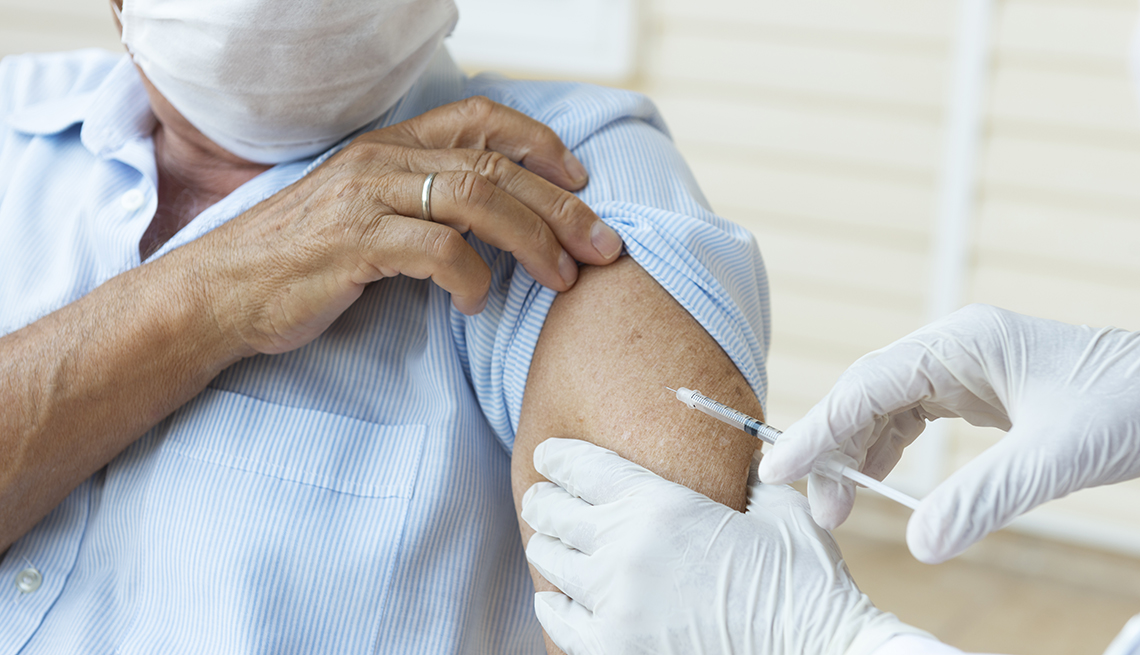

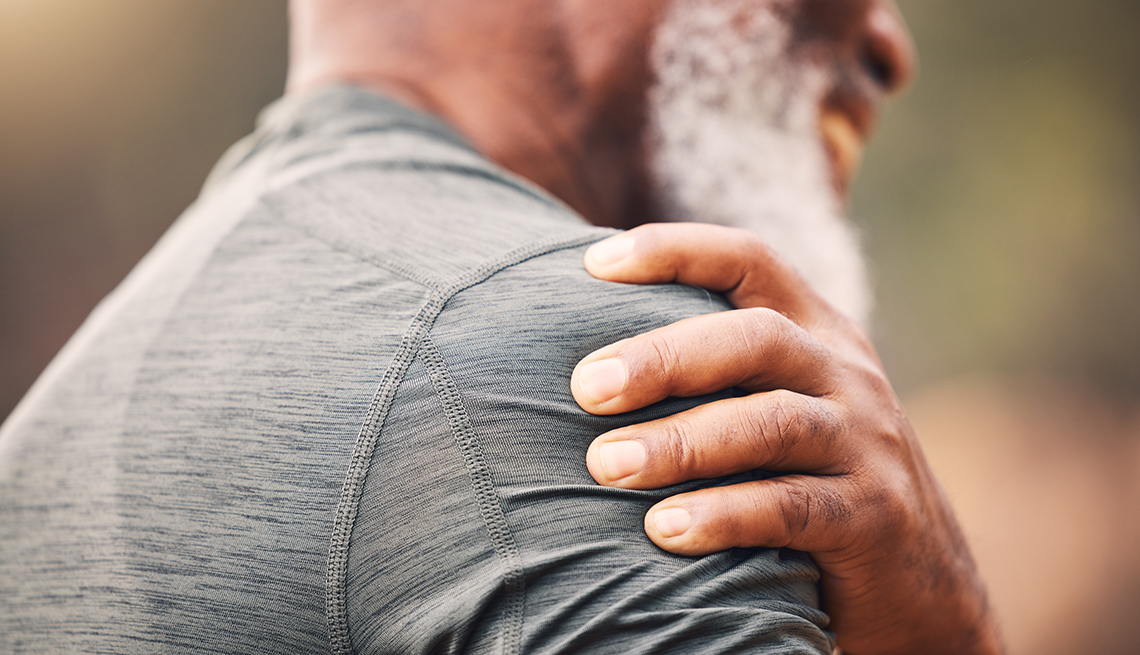
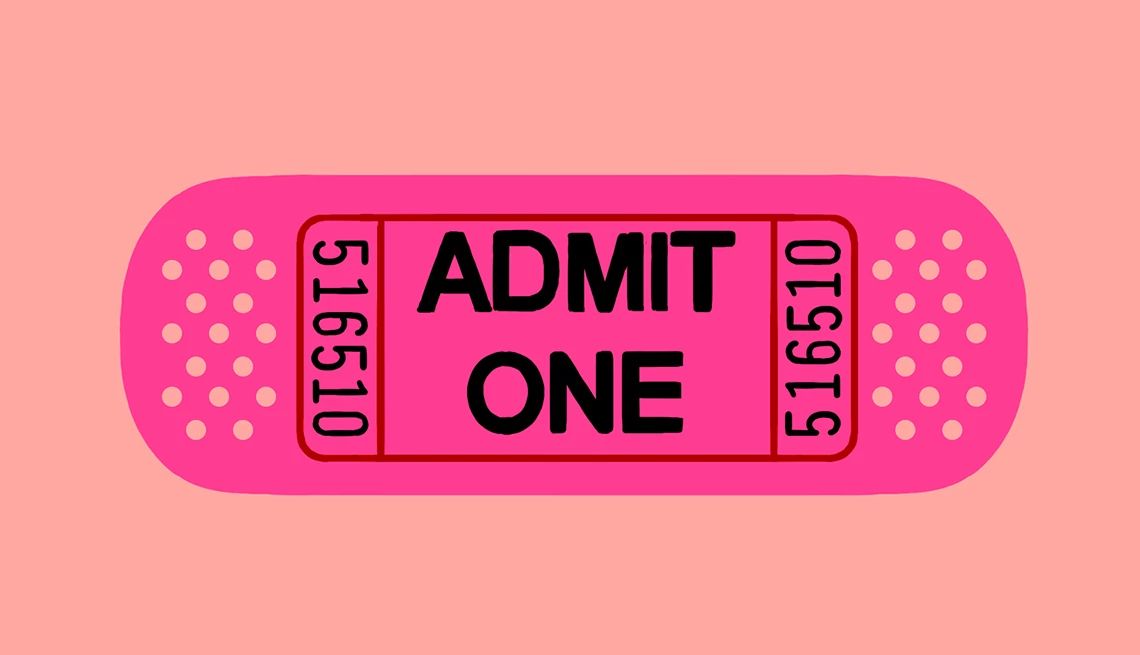
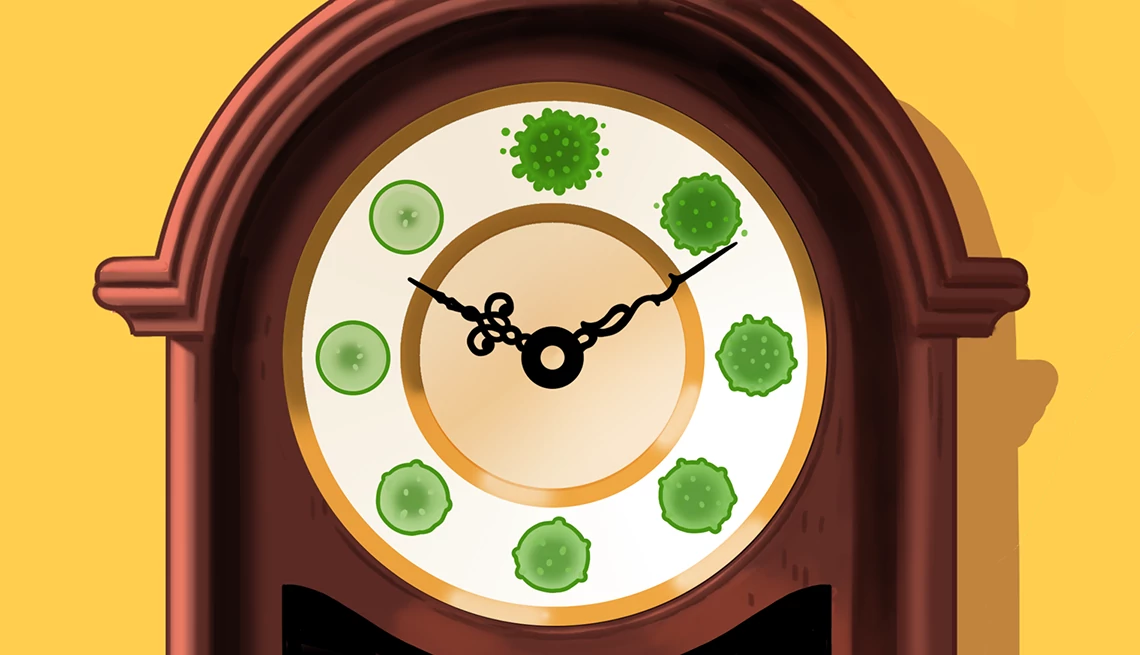






More From AARP
How to Spot Serious Flu Symptoms in Older Adults
Some can be atypical, and flagging them can be key to getting an effective antiviral Rx
How Your Immune System Works After You Turn 50
Understanding your body's defenses against coronavirus, flu and the common cold